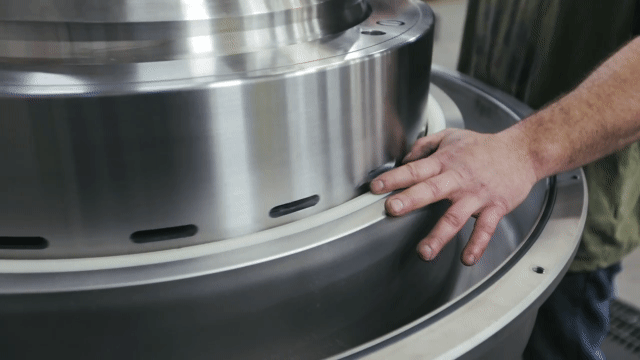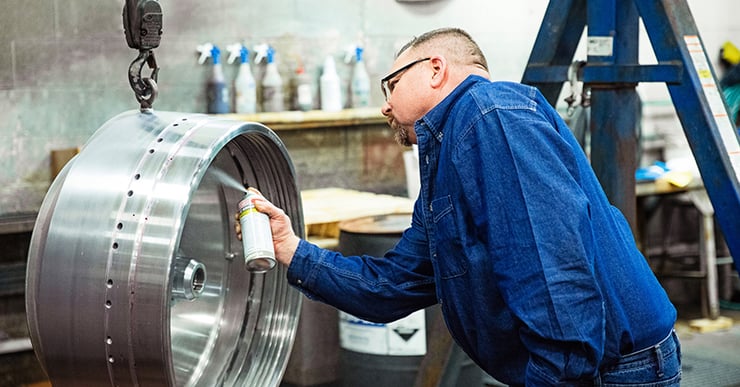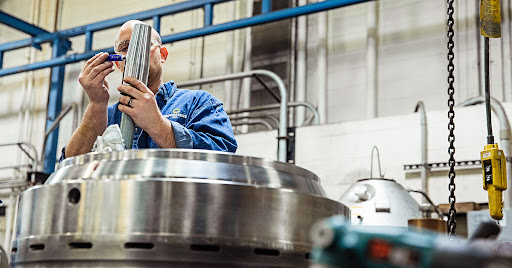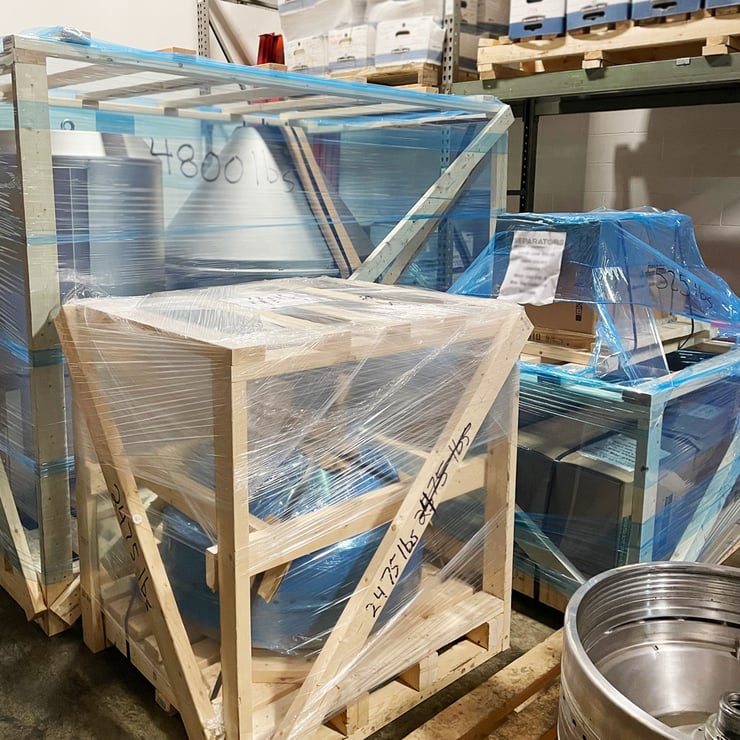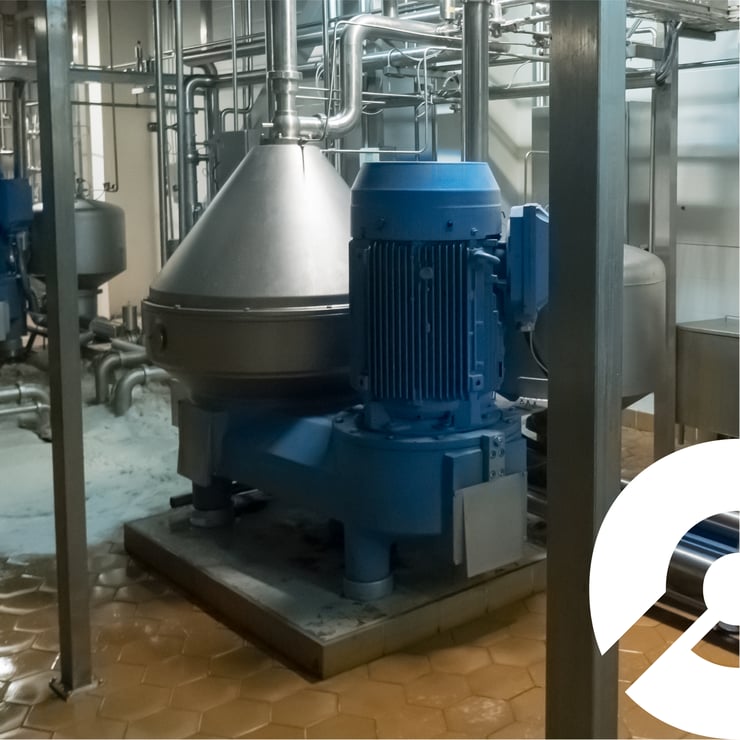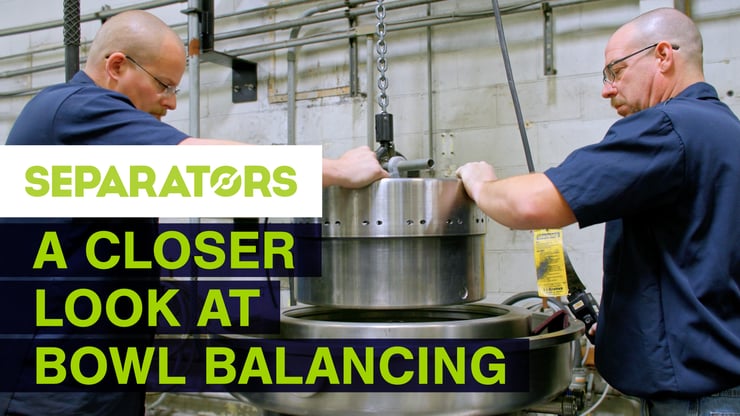Search Separators
Recent Posts
Manufacturing Internships: Spend the Summer With Separators
Providing internship opportunities allows established companies to give back to the next generation while benefiting from fresh perspectives. This summer, Separators brought on two talented interns who elevated our digital marketing and engineering capabilities.
Fast, Easy Centrifuge Repair at Our Indianapolis Shop
While minor and major service visits can help keep your centrifuge in good working condition, wear and tear will require you to send in your bowl and other essential components for more extensive service over time.
2024 Dairy Industry Trends To Watch
So far, 2023 has proven to be full of supply fluctuations, innovation, and a focus on sustainability. And 2024 already looks to be shaping up to be an interesting year, with an increased pressure on companies to innovate and expand product offerings.
As we look ahead to future change, here are the top four trends we can expect to see from top dairy companies in the year ahead.
Top 10 Dairy Companies To Watch in 2024
The dairy industry is in constant churn. As consumer tastes change and the market evolves, only the most innovative companies survive. At Separators Inc., we're at the forefront of this fast-paced world, partnering with dairy plants nationwide. This gives us a unique view of the trends shaping the future.
How Does a Centrifuge Work? Everything You Need to Know.
From eating syrup on your pancakes to wearing a silver necklace, you have benefitted from industrial centrifuges far more often than you probably realize. Yet, despite a centrifuge’s integral role in our society, many people have never heard of this vital piece of equipment.
Let’s Talk About the Separators’ Repair Warranty
Looking to buy a centrifuge or parts? Then let’s talk about the obvious: if you’re spending a large chunk of your budget on equipment, you’ll want to make sure that it’s going to work (without any surprises).
What to Expect When You Service with Separators
Here at Separators, service is our core offering. Over the years, we’ve put a lot of time, attention, and resources into ensuring the completeness of our centrifuge service capabilities. We’ve also been thinking about how we can present our services in ways that are clear to any prospective customers who might be considering working with us. In this VLOG, I provide a quick, easy outline of our service offerings. Check it out:
How to Prepare and Ship Your Unbalanced Centrifuge Bowl
Maybe your centrifuge is shaking or vibrating. Or maybe your product is experiencing consistency issues after leaving your centrifuge. Whatever the issue, you or your field service technician have identified that your centrifuge bowl needs rebalancing. And your next step is to ship your bowl to us to make the repairs in our fully-equipped shop.
Reduce Your Dairy Plant’s Energy and Water Consumption
Minimizing your centrifuge’s electricity and water usage can save your plant a lot of money. A well-maintained centrifuge can last a lifetime, meaning that optimizing your centrifuge’s operations can result in big savings in the long run.
Bowl Balancing: A Closer Look
Having a balanced bowl is vital to ensuring that your bowl lives a long, safe, and productive life. Just like you balance the tires on your car, your bowl should be balanced on a regular basis. An unbalanced centrifuge will not operate at peak efficiency and could even be dangerous. To keep your operators safe and your product quality high, centrifuges should be serviced to restore balance.
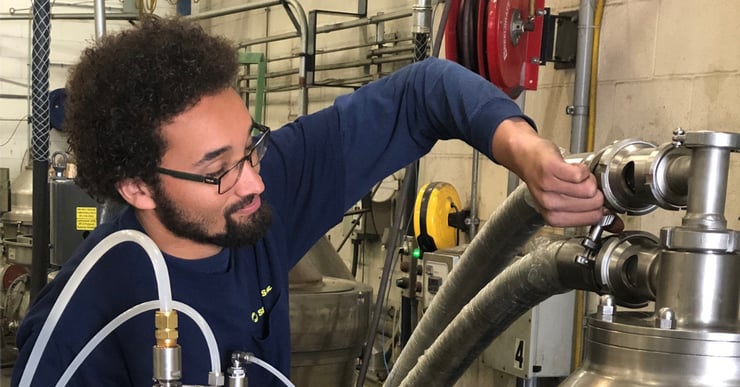
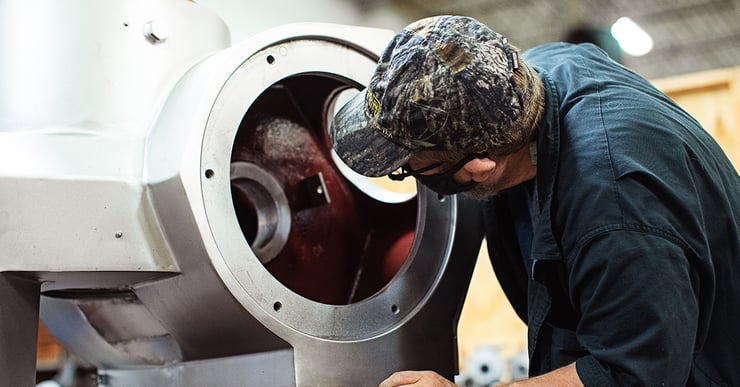
.jpg?width=740&height=387&name=SEP-ROPS---4-Image-(Rectangle-1200x628).jpg)

